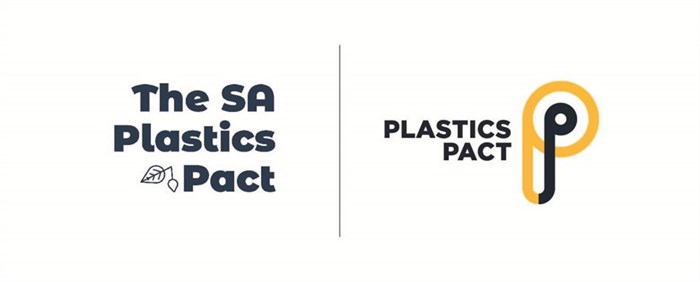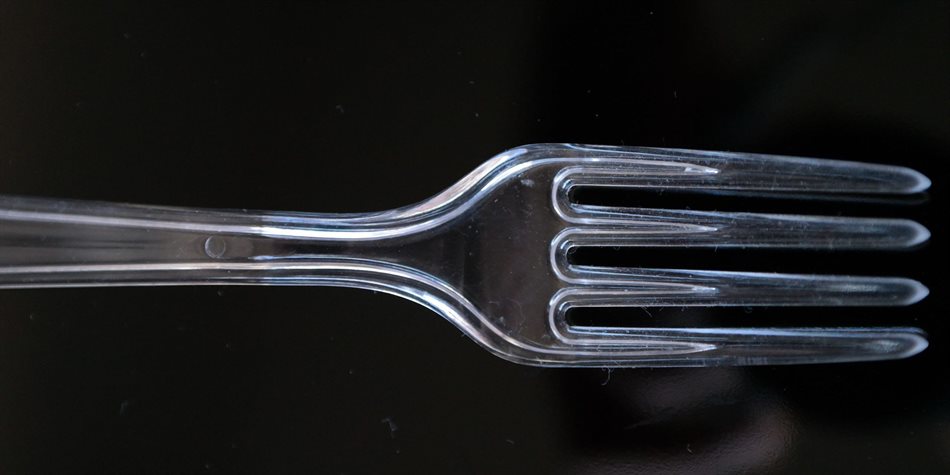
Subscribe & Follow
South African Plastics Pact publishes an initial list of problematic and unnecessary plastics for phasing out in 2021 and 2022

The SA Plastics Pact is a collaborative pre-competitive initiative that brings together key stakeholders from the local plastics value chain, including businesses, the South African government, Producer Responsibility Organisations (PROs), NGOs and other key players to tackle plastic waste and pollution at its source. Members of the SA Plastics Pact aim to stimulate industry-led innovation, dialogue and collaboration to create new business models, generate job opportunities, and unlock barriers to move towards a circular economy for plastic, in line with the Ellen MacArthur Foundation’s vision of a “New Plastics Economy”.
The SA Plastics Pact members have set specific, ambitious and time-bound targets (end 2025) to address our design, production, use, recovery and recycling of plastic packaging, including primary, secondary and tertiary formats. These targets are:
- Taking action on problematic or unnecessary plastic packaging through elimination, redesign, innovation or alternative (re-use) delivery models;
- 100% of plastic packaging to be reusable, recyclable or compostable* by 2025 (*applicable only in closed loop and controlled systems with sufficient infrastructure available or fit for purpose applications, with no disruption of recycling systems);
- 70% of plastic packaging effectively recycled
- 30% average recycled content across all plastic packaging
The publication of the phase one list of problematic or unnecessary plastics represents a significant milestone in the progress towards Target 1 of the SA Plastics Pact.

The publication defines “unnecessary plastic” as plastic Items that can be avoided (or replaced by a reuse model) while maintaining utility. They have limited social utility, for which no alternative is required and which can be phased out without significant behavioural or infrastructural change. It also defines problematic plastic as having the following characteristics:
- those plastics that are not reusable, recyclable (technically and/or economically not recyclable) or compostable;
- those plastics that contain, or which manufacturing process requires, hazardous chemicals that pose a significant risk to human health or the environment;
- those plastics which hinder or disrupt the recyclability or compostability of other items.; and
- those plastics for which there is a high likelihood of being littered or ending up in the natural environment.
The publication lists the first group of plastics which members have pledged to phase out in 2021 and 2022. These are:
- Oxo-degradable plastics
- PVC bottles, pallet wrap, and labels
- PVC or PET shrink sleeves on PET bottles
- Plastic stickers on fruit and vegetables
- Thin barrier bags for fruit and vegetables
- Thin barrier bags used at tills
- Plastic straws
- Plastic stirrers
- Single-use plastic cutlery, plates and bowls
- Cotton buds with plastic stems
- Plastic lollipop sticks
- Plastic microbeads in cosmetics
“The publication of this list of problematic and unnecessary plastics is a significant moment for the South Africa Plastics Pact. It shows what can be achieved through the focused collaborative action fostered by Plastics Pacts. In the UK, Plastics Pact members have made significant progress working towards eliminating our initial target list of 8 problematic and unnecessary items, seeing a 40% reduction in these plastics since 2018. We are continuing this work by identifying further items for elimination this year. We at WRAP look forward to continuing to work with GreenCape and the SAPP signatories and supporters to drive progress towards a circular economy for plastics in South Africa.” David Rogers, Head of International Programmes, WRAP.
In publishing this phase 1 list of problematic and unnecessary plastics, the South African Plastics Pact has become the fourth international Pact to do so, joining the UK Plastics Pact, the Chilean Plastics Pact and the Portuguese Plastics Pact.
The publication also lists items identified for inclusion in a phase 2 list, which is to be published in due course.
GreenCape, a non-profit organisation that drives the widespread adoption of economically viable green economy solutions, acts as the secretariat of the SA Plastics Pact, ensuring neutrality and enforcing meaningful progress towards the 2025 Targets.
GreenCape congratulates the key role-players of the Target 1 Action Group, on the progress made to date, including:
Converters: Berry Astrapak, CCL Label South Africa, and Polyoak Packaging
Brand owners: Coca-Cola Beverages South Africa, Danone, Tiger Brands, and Unilever
Food service: The Spur Group
Retailers: Pick n Pay, the SPAR Group, TFG, and Woolworths
Recyclers: Extrupet, and Myplas
Academia: University of Johannesburg coordinated through Process, Energy and Environmental Technology Station
NGOs: The African Circular Economy Network (ACEN), Sustainable Seas Trust, WRAP and WWF South Africa
Producer Responsibility Organisations: PETCO, and Polyco
- Dragonfly (powered by Anisoptera) wins 7th annual FNF GreenPitch Challenge12 Sep 11:18
- Top 10 green economy innovations announced for 2024 FNF GreenPitch Challenge05 Aug 13:36
- Call for entries: 2024 FNF GreenPitch Challenge11 Jun 11:59
- 2024 Green Opportunities Challenge national finalists announced21 May 14:29
- New reports forecast ~32 GW of installed renewable energy capacity in SA by 203018 Apr 15:12





